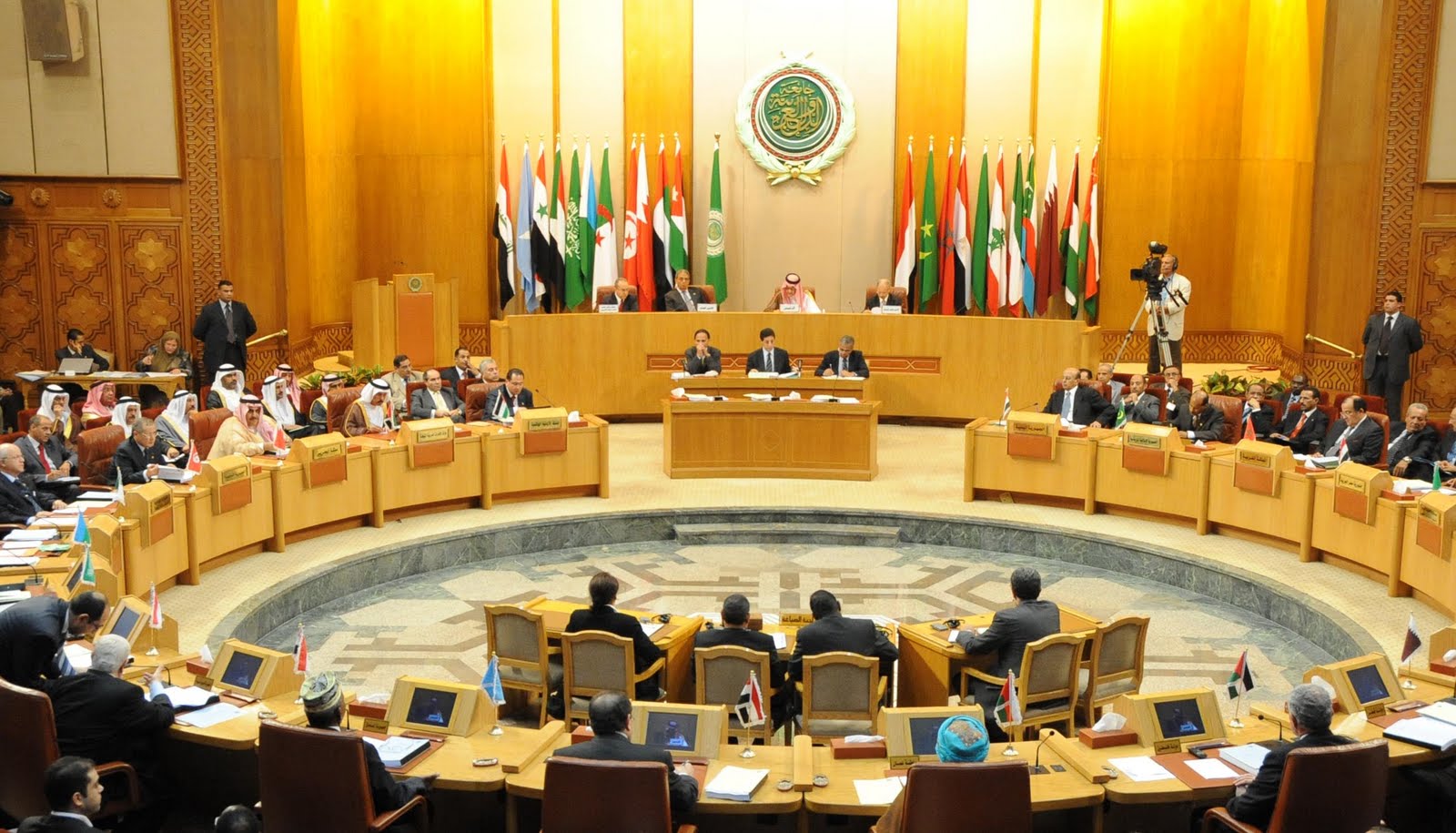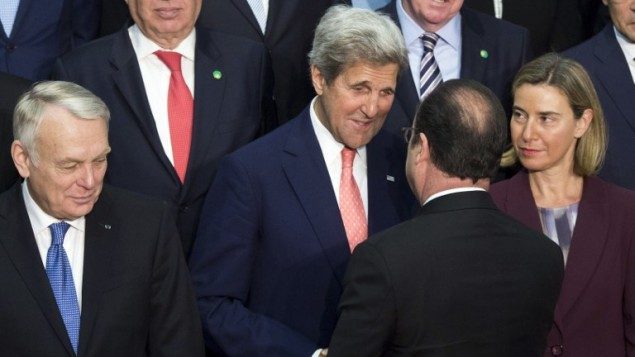
Palestinian Foreign Minister Riyad al-Maliki has voiced support for the notion of legally challenging the 1917 Balfour Declaration, which paved the way for the creation of Israel in 1948, according to Anadolu Agency.
Al-Maliki apologized on behalf of Abbas, who couldn’t attend the summit due to his brother’s recent death, before urging Arab countries to “help us bring a suit against the British government over the ominous Balfour Declaration which resulted in the Nakba (catastrophe) for the Palestinian people.”
“We will open the file on Israeli crimes committed [against the Palestinians] since the end of the British Mandate in Palestine [in 1948],” al-Maliki said Monday, speaking at the opening session of an Arab League summit in Mauritanian capital Nouakchott.
“We will remain united until we bring an end to the [Israeli] occupation of our land and holy places,” he asserted.
Al-Maliki was speaking at the summit on behalf of Palestinian President Mahmoud Abbas, who did not attend the event due to his brother’s recent death.
Some date the beginning of the Israel-Palestine conflict to the 1917 Balfour Declaration, in which the British government articulated its support for “the establishment in Palestine of a national home for the Jewish people”.
In 1948, a new state — “Israel” — was established inside historical Palestine.
The creation of the Jewish state was accompanied by the death of some 15,000 Palestinians and the displacement of an estimated 800,000 others, while 531 Arab villages were destroyed in attacks by armed Jewish groups.
The incident led to a Palestinian diaspora, with Palestinian refugees now scattered across Jordan, Lebanon, Syria and other countries. Many have since settled in refugee camps in the Israeli-occupied West Bank and the Israeli-blockaded Gaza Strip.
According to the UN Relief and Works Agency (UNRWA), there are currently more than 5 million registered Palestinian refugees.
For many Palestinians, the right to return to their homes in historical Palestine constitutes more than just a political demand, but a fundamental human right.
Nearly a century ago, a letter sent from British Foreign Secretary Arthur James Balfour to Baron Rothschild, a British Jewish leader, declared British support for the “establishment in Palestine of a national home for the Jewish people.”
Palestinians have since viewed the declaration as paving the way for the creation of the State of Israel at the expense of the land’s original inhabitants.
The declaration was made before the British had wrested control of Palestine from the Ottoman Empire, and was not made public until several years after the World War I, in 1920.
By that time, Britain had been formally granted a mandate over Palestine by the League of Nations, and was struggling with its contradictory obligations of “rewarding” Arabs for their support during the war, while also fulfilling their pledge to create a Jewish state.
After World War II, British forces withdrew from Palestine, leaving it in the hands of the newly created United Nations, which favored partition, particularly as evidence slowly emerged of the vast scale of the Holocaust in Europe.
The decision led to the 1948 war between Arab nations, including Palestinians, and Jewish immigrants, ultimately resulting in the creation of the state of Israel and the expulsion of more than 700,000 Palestinians from their homes inside its borders, an event known as the Nakba among Palestinians.
In February, the Palestine Liberation Organization said in a statement that Great Britain bore “the primary responsibility” for “historical injustice in Palestine.”



